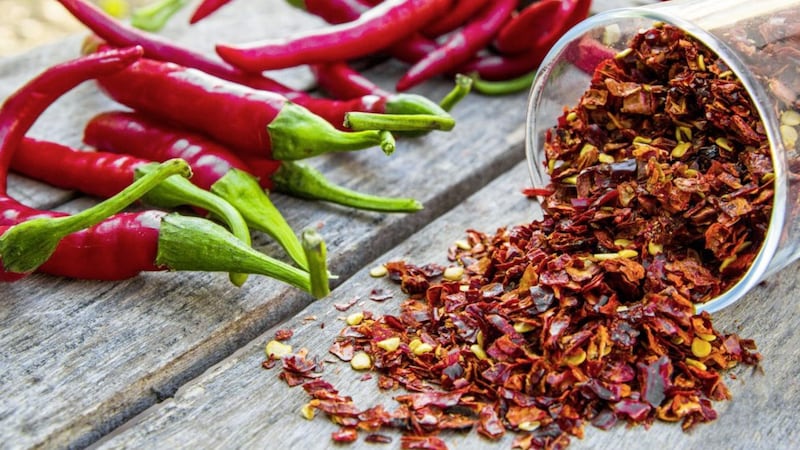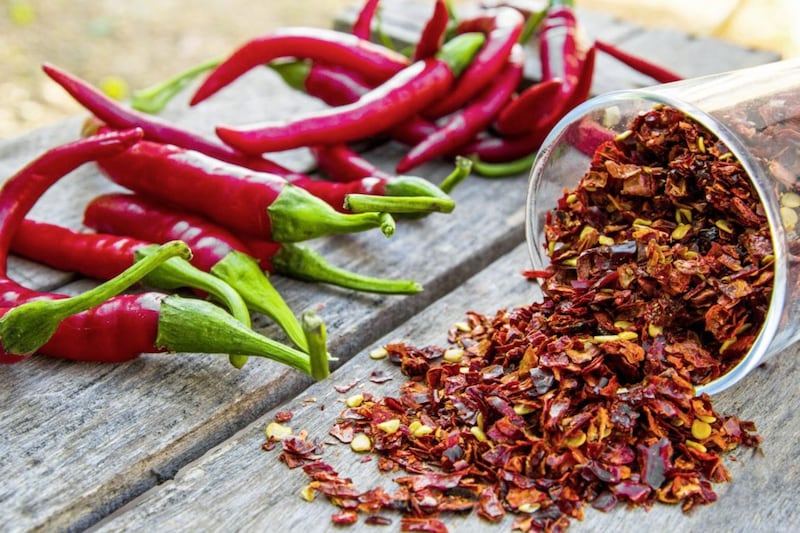A NASAL spray made from chillies could help millions of people with a persistent blocked nose.
The spray is designed for people whose nasal stuffiness is not caused by allergies such as hayfever, but rather by non-allergic rhinitis, a condition that affects up to six million people in the UK.
It occurs as a result of swollen blood vessels and a build-up of fluid in the tissues of the nose – often triggered by a cold, a change in air temperature or irritation from pollutants such as cigarette smoke.
New research shows the nose spray, made with capsaicin – the compound that causes chillies to be spicy – can eradicate symptoms in around 40 per cent of patients after just 12 weeks of use. Non-allergic rhinitis is common, and as well as a blocked nose, it can result in constant sneezing and a reduced sense of smell.
Diagnosis can be complex, as it often means ruling out an allergy. Current treatments include regular nasal rinses using a homemade salt-water solution or a pre-prepared sachet from a pharmacy. This washes away excess mucus that’s accumulating due to the blockage.
Over-the-counter steroid sprays can also help by dampening down inflammation in the nasal passages. But long-term use of steroid sprays can increase the risk of side-effects such as increased appetite and mood swings.
Capsaicin-based nose sprays have been used, under the supervision of a doctor, for non-allergic rhinitis in some countries for several years, but are not licensed for use in the UK.
They are thought to work by reducing levels of a protein called transient receptor potential vanilloid, known to play a part in nasal inflammation.
Last month, research published in the journal International Forum of Allergy & Rhinology by the University of Texas, showed regular use of a chilli nasal spray improved the symptoms of patients with a long history of non-allergic rhinitis.
© Solo dmg media




